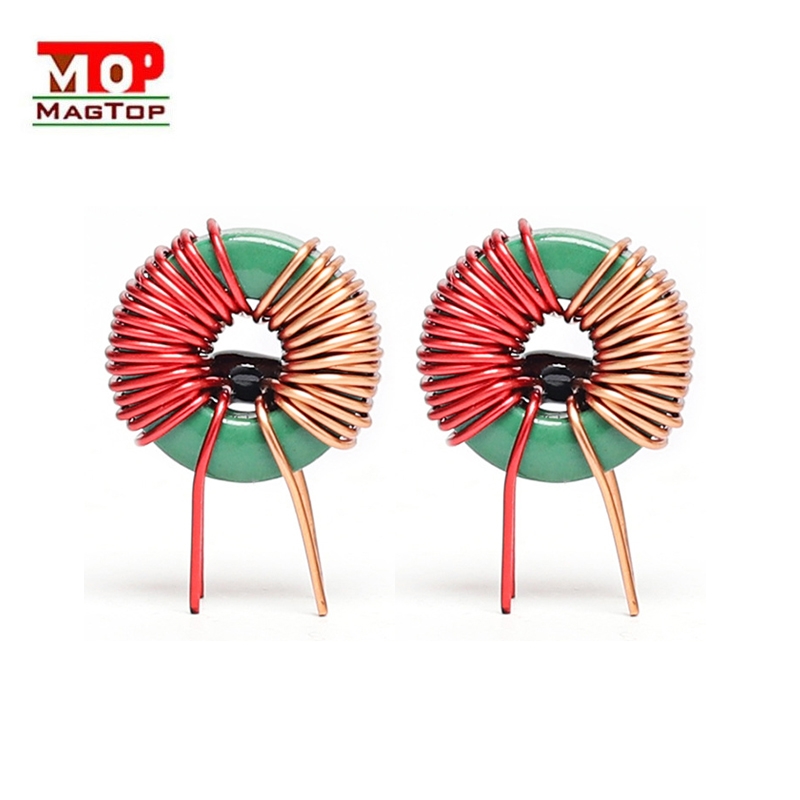Consumer Electronics Miniaturization Relies on Advanced Toroidal Inductor Designs

In the relentless pursuit of thinner, more powerful consumer devices, electronics manufacturers are turning to micro-toroidal inductors as a key enabling technology for next-generation gadgets.
The Shrinking World of Mobile Electronics
Modern smartphones and wearables present engineers with daunting challenges:
Extreme space constraints
Increasing power demands
Thermal management limitations
Toroidal inductors offer solutions through:
Higher energy density in smaller packages
Reduced electromagnetic interference in crowded PCBs
Better thermal performance than traditional designs
Inside Flagship Smartphones
A teardown analysis of the latest iPhone and Samsung Galaxy models reveals:
30% smaller power inductors compared to previous generations
Novel winding techniques enabling higher efficiency
Shielded toroidal designs preventing signal degradation
Technical Innovations Driving the Trend
Recent advancements include:
3D-printed core structures for customized magnetic properties
Composite materials combining ferrites with polymers
Automated precision winding for mass production consistency
Market Impact and Future Directions
The consumer electronics toroidal inductor market is expected to grow at 9.8% CAGR through 2028, driven by:
Foldable device proliferation
5G infrastructure requirements
AR/VR headset development
Industry experts predict the next frontier will be:
Biodegradable inductor materials for sustainability
Self-healing winding technologies
AI-optimized magnetic core designs
- Questions and Answers
- Opinion
- Motivational and Inspiring Story
- Technology
- Live and Let live
- Focus
- Geopolitics
- Military-Arms/Equipment
- Beveiliging
- Economy
- Beasts of Nations
- Machine Tools-The “Mother Industry”
- Art
- Causes
- Crafts
- Dance
- Drinks
- Film/Movie
- Fitness
- Food
- Spellen
- Gardening
- Health
- Home
- Literature
- Music
- Networking
- Other
- Party
- Religion
- Shopping
- Sports
- Theater
- Health and Wellness
- News
- Culture

